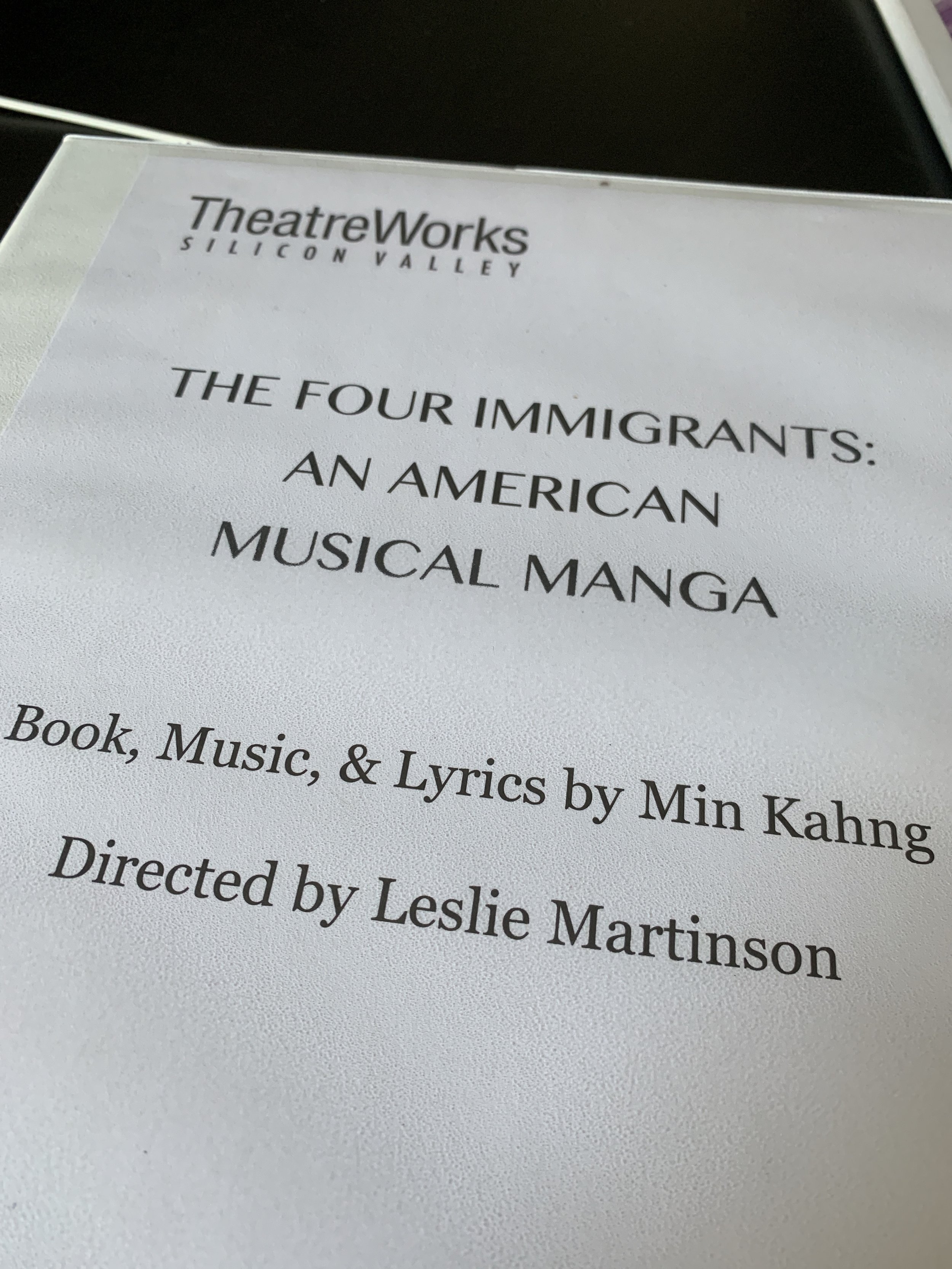While working on getting my certification as a creativity coach, I’ve been reading The Art of Possibility by Rosamund Stone Zander & Benjamin Zander. In a chapter based around the idea of not taking yourself too seriously, an anecdote is shared that had this sentence: “She stopped taking herself and her story so seriously…” The inclusion of “story” stood out to me. I have heard many times not to take myself too seriously. But reading about not taking one’s story too seriously hit me in a more nuanced way.
First off, this is not to say that you should dismiss your story, whether it be your life story or the stories inside you bursting to be expressed. What I took from this phrase has more to do with the stories we tell ourselves that stop us from taking risks, going on adventures, chasing after the things we desire. Stories like “I’m too old,” or “I don’t have enough training,” or “I’m just not like that,” or “I’ve been too hurt by my past.” Each of these stories might hold truth, and there is something to accepting some of these realities. But each of these truths can then be weaponized against ourselves and our dreams. We can start to limit ourselves, turn down offers, delay getting started, because of the story we tell ourselves about any given situation.
But what if we realized that these stories are just that? Stories. And specifically, stories that we are telling ourselves. What if there was a different way to narrate that story? What if there is more to the story? “I’m too old” can become “I have experience that is an advantage over younger folks.” “I don’t have enough training” can become “I’m going to sign up for a class today!” “I’m just not like that” can become “My identity is plastic, so maybe there’s room for me to change here.” “I’ve been too hurt by my past” can become “And I can take a first step to healing, however small.”
Moving forward, I want to be mindful not just of the times when I’m taking myself too seriously, but also when I’m giving more credence to the stories I tell myself than they are due. Questioning my own stories could be the key I need to break free from stagnation and actually dare to push myself towards my desires and dream life.




